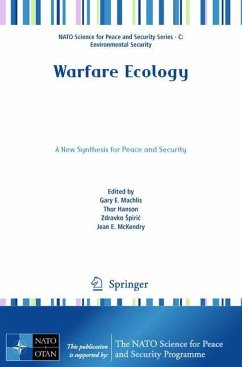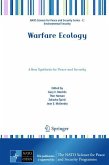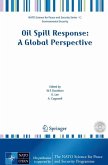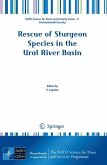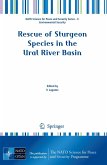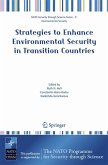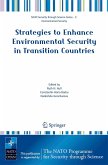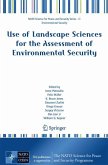The purpose of this book is specific and ambitious: to outline the distinctive elements, scope, and usefulness of a new and emerging field of applied ecology named warfare ecology. Based on a NATO Advanced Research Workshop held on the island of Vieques, Puerto Rico, the book provides both a theoretical overview of this new field and case studies that range from mercury contamination during World War I in Slovenia to the ecosystem impacts of the Palestinian occupation, and from the bombing of coral reefs of Vieques to biodiversity loss due to violent conflicts in Africa. Warfare Ecology also includes reprints of several classical papers that set the stage for the new synthesis described by the authors. Written for environmental scientists, military and humanitarian relief professionals, conservation managers, and graduate students in a wide range of fields, Warfare Ecology is a major step forward in understanding the relationship between war and ecological systems.
Hinweis: Dieser Artikel kann nur an eine deutsche Lieferadresse ausgeliefert werden.
Hinweis: Dieser Artikel kann nur an eine deutsche Lieferadresse ausgeliefert werden.
From the reviews:
"This book is a product of the NATO Advanced Research Workshop entitled 'Warfare Ecology: Synthesis, Priorities and Policy Implications for Peace and Security' ... . The volume does provide much useful and interesting information in the context of war and ecology ... . the book is well prepared and edited ... . This book is written for a varied audience, among them military and security professional, politicians, ecologists and social scientists. It is worth reading." (Matthias Schaefer, Basic and Applied Ecology, Vol. 13, 2012)
"This book is a product of the NATO Advanced Research Workshop entitled 'Warfare Ecology: Synthesis, Priorities and Policy Implications for Peace and Security' ... . The volume does provide much useful and interesting information in the context of war and ecology ... . the book is well prepared and edited ... . This book is written for a varied audience, among them military and security professional, politicians, ecologists and social scientists. It is worth reading." (Matthias Schaefer, Basic and Applied Ecology, Vol. 13, 2012)

